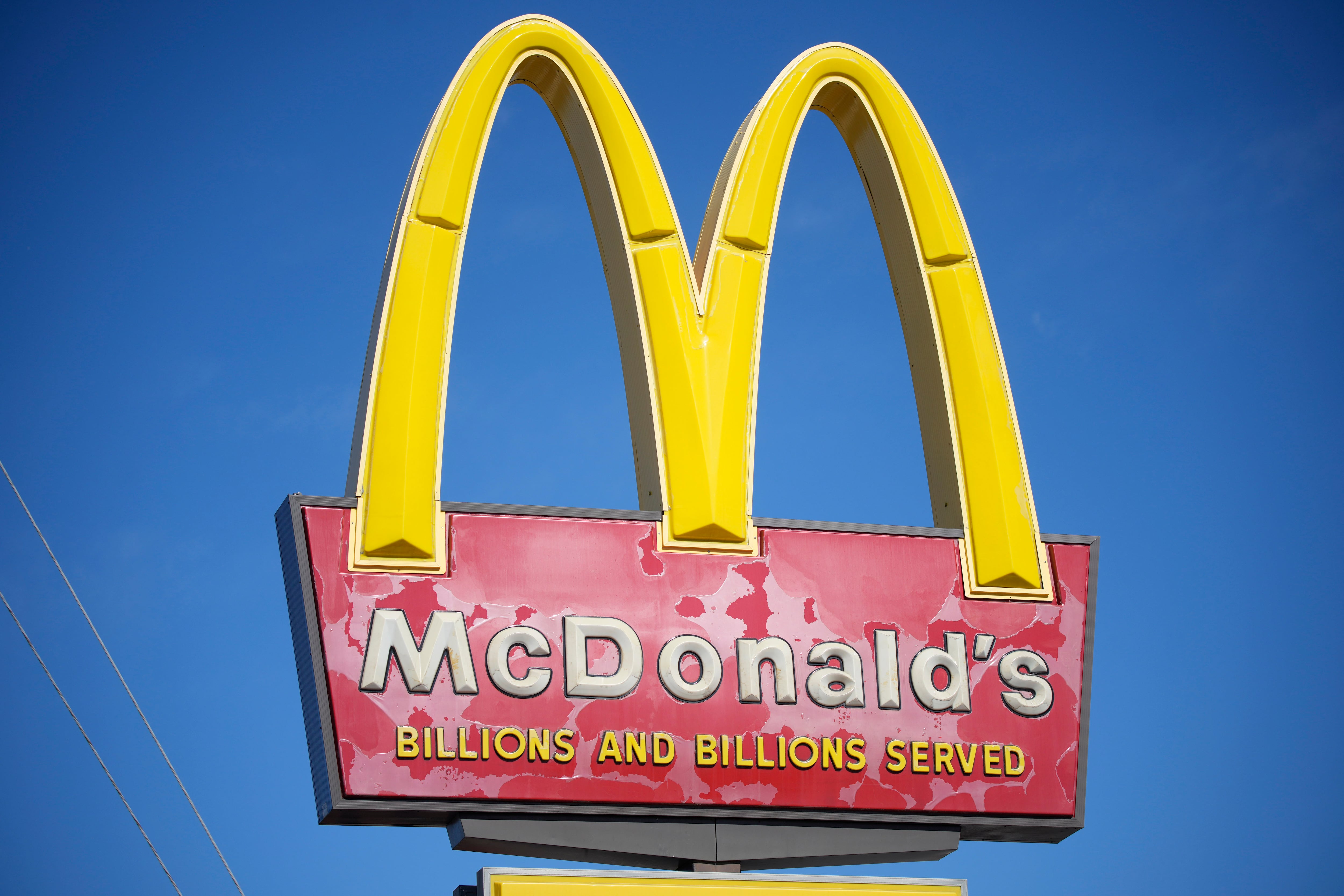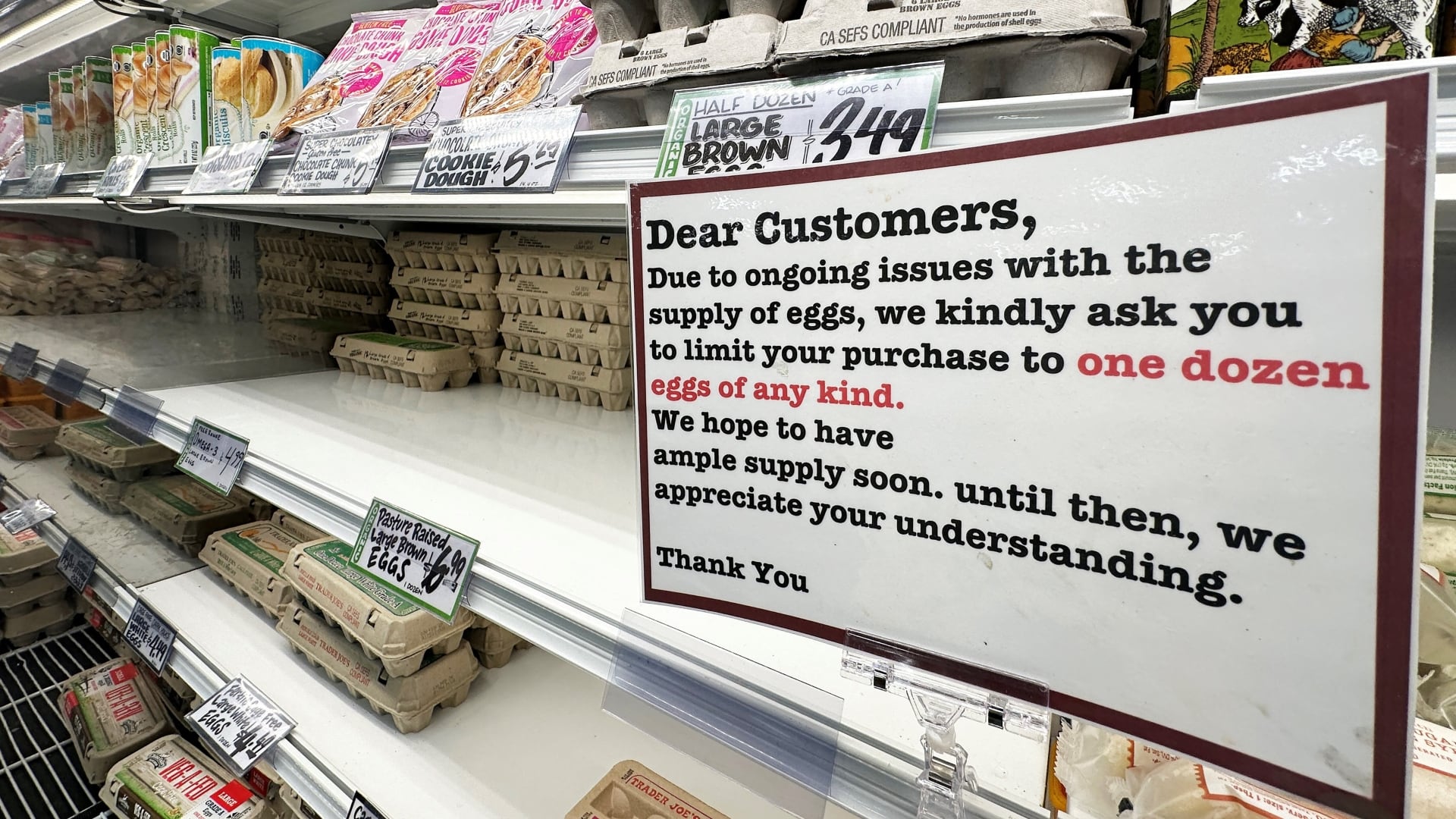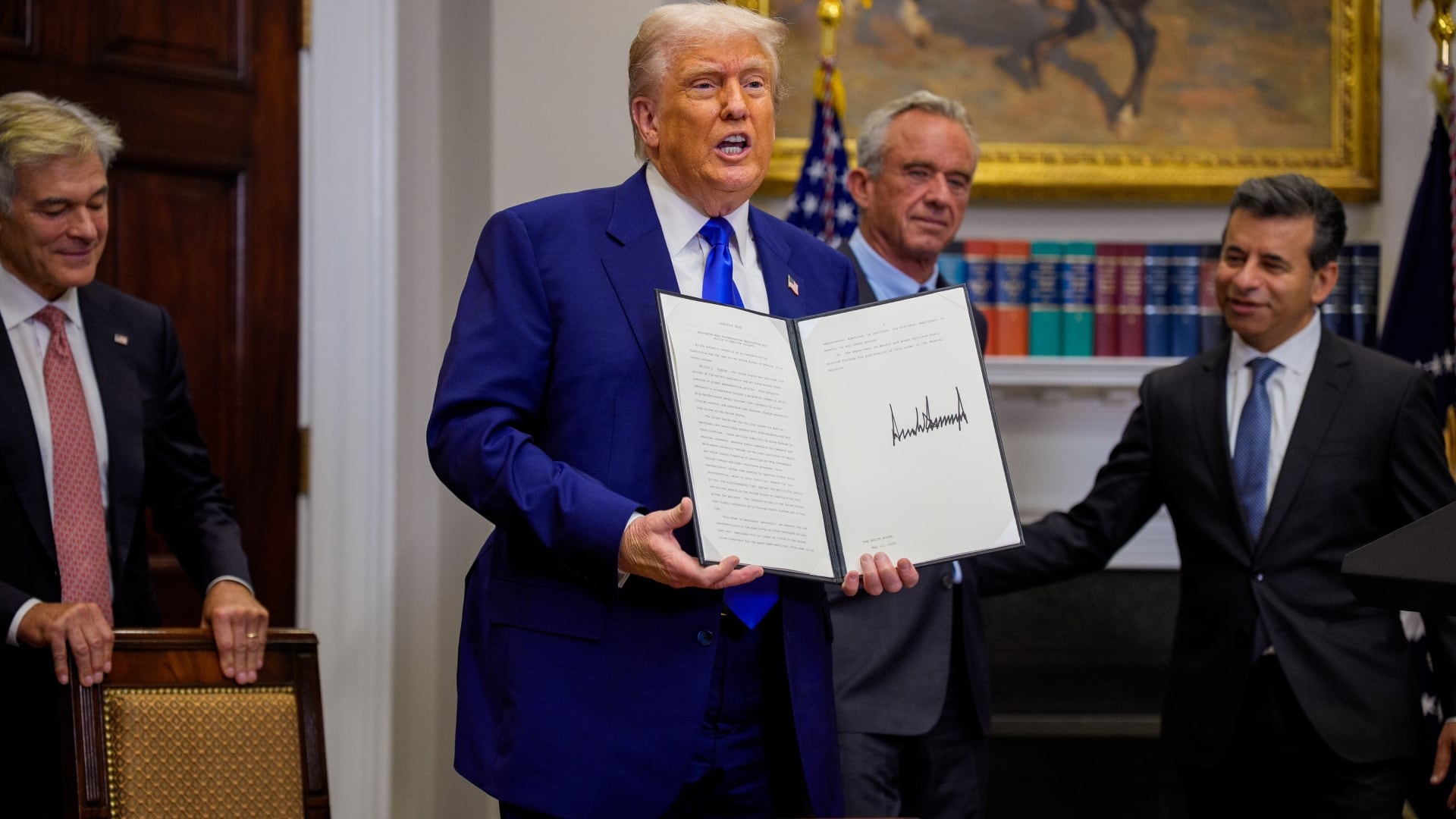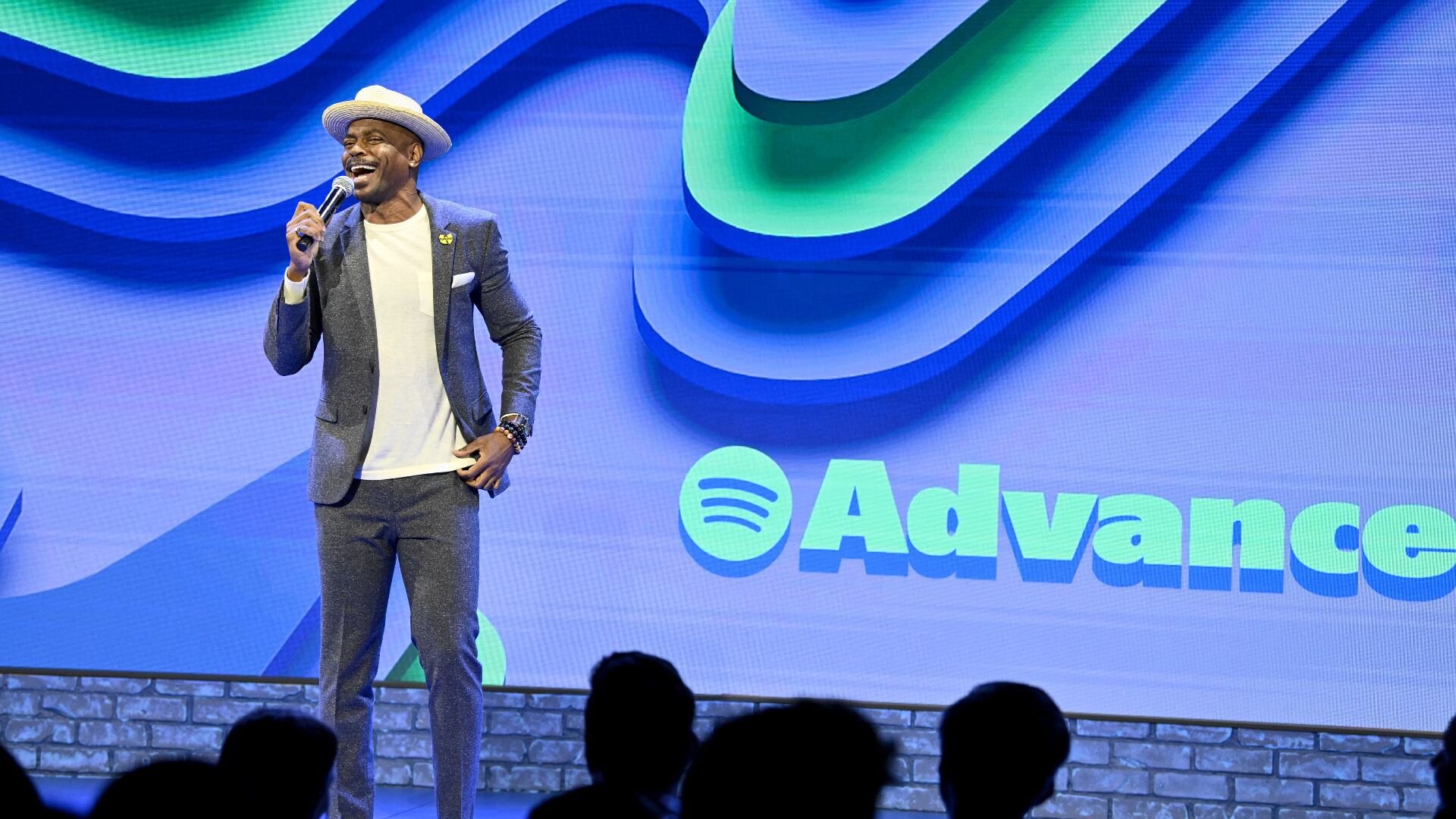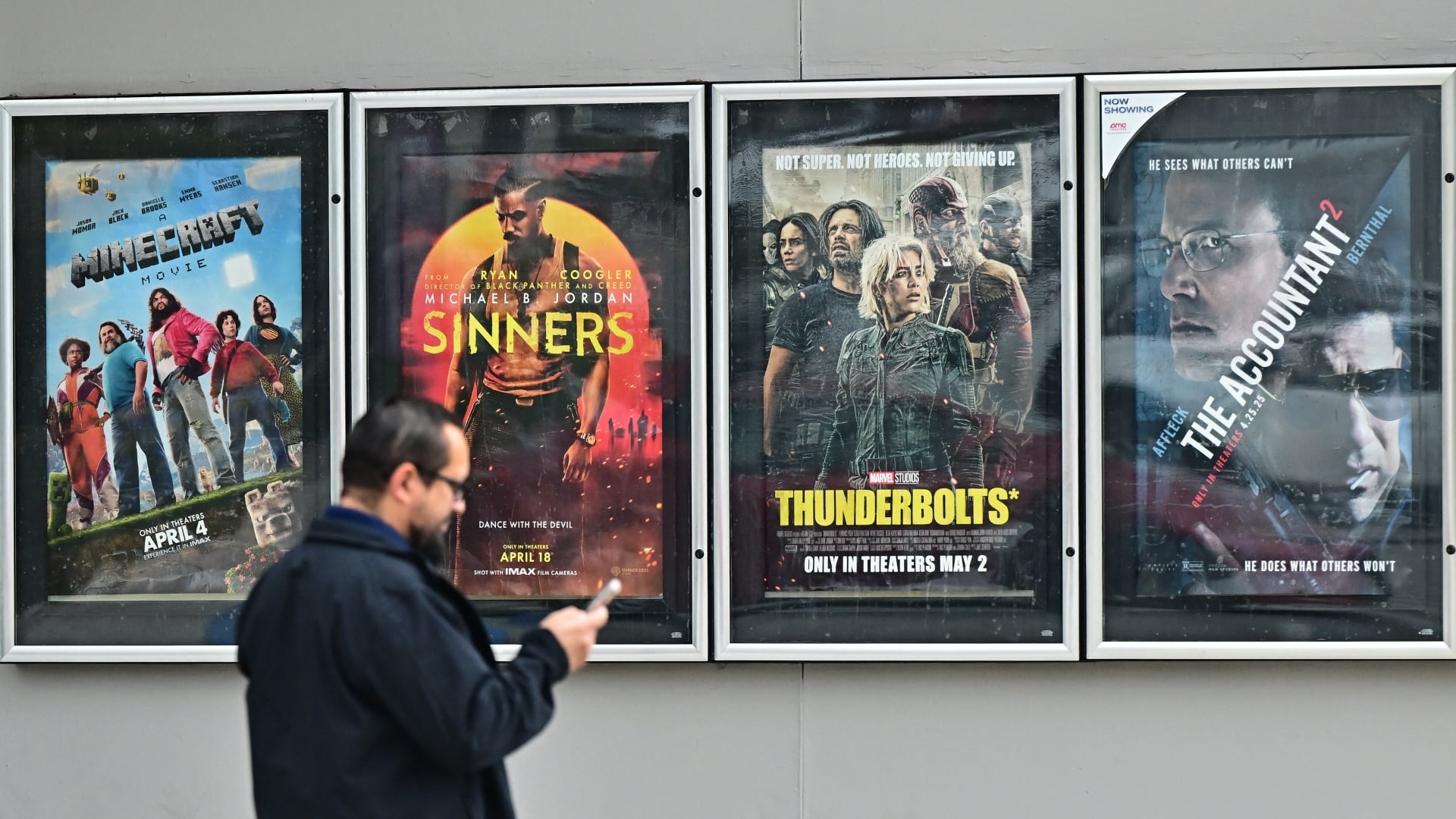When the world's biggest publicly traded cannabis company kicked its CEO and founder to the curb, some called it a reality check for spendthrift cannabis companies and a signal of the end of the startup era for cannabis. Ex-Canopy Growth ($CGC) CEO Bruce Linton tends to agree.
"As an entrepreneur, you keep updating your vision of how this could be and how big this could be, and you keep explaining to investors that earnings per share will come," Linton told Cheddar on Tuesday, less than a week after his surprise ouster. "When bigger firms come in and write the checks, it really becomes, you know, you shouldn't wait so long."
Despite his very high profile, Linton was fired from Canopy Growth, the company he founded, on Wednesday of last week. His ouster followed a weak earnings report that showed substantial losses for the company. William Newlands, CEO of Canopy's largest shareholder, Constellations Brands ($STZ), said he was "not pleased" with the results ー and only days later, Linton was out.
In the aftermath of the shuffle, many of Linton's fellow leaders in the space have come out to praise the legacy he created.
"We should all give Bruce Linton a round of applause, and shake his hand when we see him. A true pioneer in this sector, with a whole bunch of important achievements & milestones to his credit. He’s made history, and he has reason to be very proud," Aurora Cannabis ($ACB) CEO Cam Battley said.
During his tenure, Linton took the company public, guided it to a near $14 billion market valuation, crafted an international footprint, and struck many deals ー some successful, some not, and one that would ultimately undo him: a $4 billion investment from Constellation Brands.
"You also get with a big check essentially restructuring of the board, and so that board then starts to reflect more the consideration of where that big single check came from, versus if we had stayed the course and just had a bunch of individual investors," Linton said. "The reason we went that route is it gave us a lot more cash quickly and credibility. The downside is I got a lot more free time, and you end up having the vision, as an entrepreneur, has to amend to that, and that wasn't something I was good at."
Even after his departure, it seems Linton still hasn't let his entrepreneurial vision go dim and defended his decisions to spend upfront to realize gains down the line. If his departure does in fact usher in the era of big cannabis, Linton said to expect a pretty quick transition.
"The 'big' part [of Big Cannabis] is probably more of a discipline to the stock markets expectations, versus people like me who dream big, spend huge, try to create intellectual property that is long, long term," he said. "I think that may transition quicker than people think."

